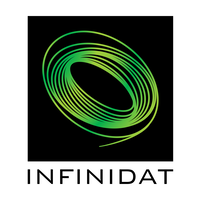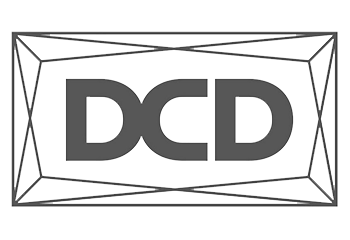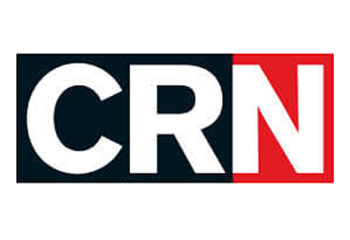Main navigation
-
Products
Enterprise storage that empowers competitive advantage at multi-petabyte scale
PRIMARY STORAGEGroundbreaking storage for mixed application workloads
Ultra-high performance storage for the most intense workloads
DATA PROTECTIONEnterprise data protection with cyber resilience and unmatched performance
- Solutions
- Resources
- Partner
- Company
-
Support








